
The Hospitality Trend
The modern workspace interior drawing influences from the world of hospitality.
Workplace design has, for many decades, been far less seductive and inspired than its counterparts in the retail, residential and hospitality sectors. After all, it’s harder to design a great workspace: budgets are leaner, timelines are meaner, and there are often thousands of people involved. However they’re also the most important spaces of all: they’re where we spend the majority of our waking hours, and where the work that drives the worldwide economy is done.
We’ve been noticing more and more similarities between workplace design and hospitality design lately. So in this blog, we’re going to explore this rising trend, and discover why a new generation of office spaces is drawing on influences from the world of hospitality.

Tomorrow’s Workplace
In its 2018 report on “The Future of the Workplace”, the Future Laboratory predicted the rise of what it calls the “Hospitality Workspace”: a hybrid space blending elements of the hotel, the sports club, the café, and the restaurant with the office. This is increasingly common, as buildings are let out not only to corporate tenants, but also to hospitality tenants such as gyms and healthy eateries;, the largest companies will even build their own gyms and cafeterias. One of the benefits of this is that it helps to promote wellness and good health. It also makes for a more calming workplace, one in which employees feel like they’re looked after. And furthermore it helps to create a greater sense of community. All of these factors are beneficial for staff morale and wellbeing.

“There is a constant need,” says Richard Collings, senior associate at WATG architects, “for evolution and innovation in the world of development, and this continues to be driven by the world of hospitality.” In the 2010s, with the boom in startup culture and coworking spaces, boutique lifestyle hotels have become a particularly popular design template.
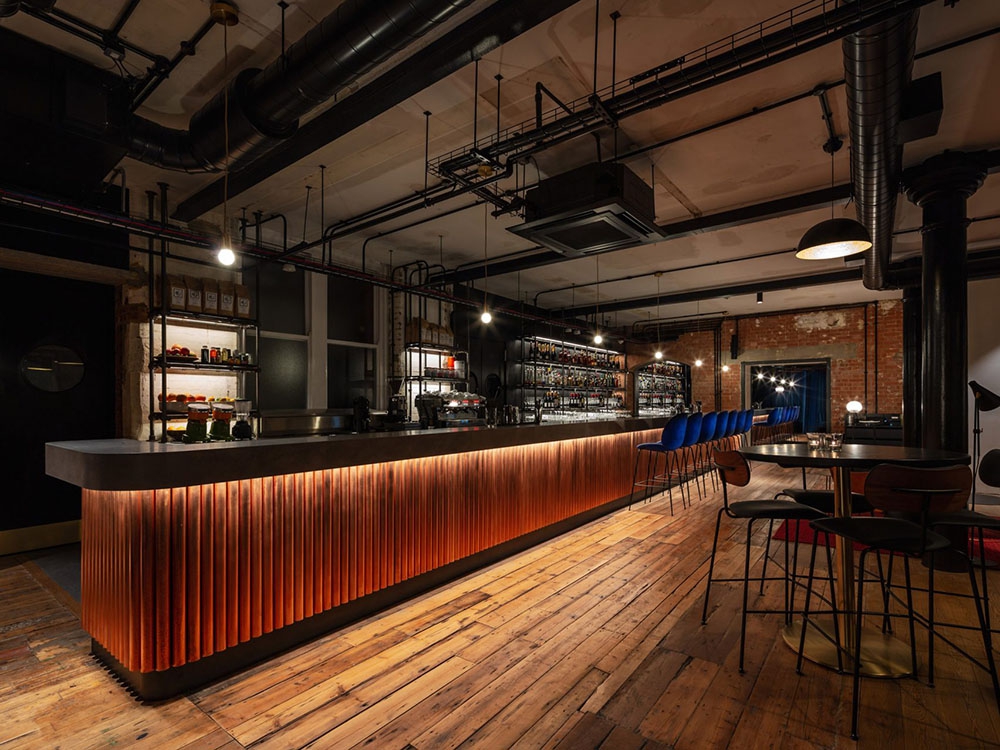
Today’s coolest hotels tend to revolve around large street-level spaces that are open to everybody, and full of the buzz of creativity and metropolitan life. Personally, I often like to do some research in the first-floor coworking area of, or take meetings in the ground-floor café of, New York’s Public Hotel. But wherever you are, if you walk into these kinds of hotels during the day you’re likely to find freelancers typing away at their laptops, startups hosting potential clients, and friends catching up over a cup of good coffee; if you return in the evening, you may well see the same people unwinding with a drink, and doing some networking on the side.

It’s difficult to overestimate the influence of 21st-century members clubs like Soho House, which are designed to be a home away from home, but also an office away from the office. In the words of Tanya Wood, director of Soho House & Co’s new coworking venture Soho Works, “People are spending less physical time at their formal office. They want spaces that actually cater for, and enhance, their working lives. That could be access to everything from gyms or social space, bedrooms or a provision of studios and specialist equipment or facilities to support content creators.”

Everywhere is Agile
The well-designed modern workplace has a variety of different zones; and the same is also true of the modern hotel, which is often more of a coffee shop, restaurant, bar, nightclub, spa, or office than a traditional hotel. Both are increasingly designed with the intention of building a community. “From a design perspective,” says Richard Collings, “the opportunity to deconstruct traditional office space and hotel public areas … is ripe. The way that we work, travel and play is changing.”

In other words, the Hospitality Trend works both ways. Offices are changing, but so are hotels too. Both are being reimagined as more multipurpose, agile spaces, which can be tailored to all of the needs of those who use them; and both influence the design of one another. These days, it’s as common to find a long corner sofa in an office, as it is to find a meeting pod or a shared desk in a hotel lobby.


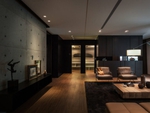
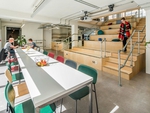
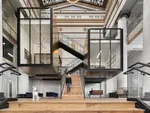
_medium.webp)
A financial services client has recently worked with furniture dealers Officeworks, architects Jacobs, and Creative Off…
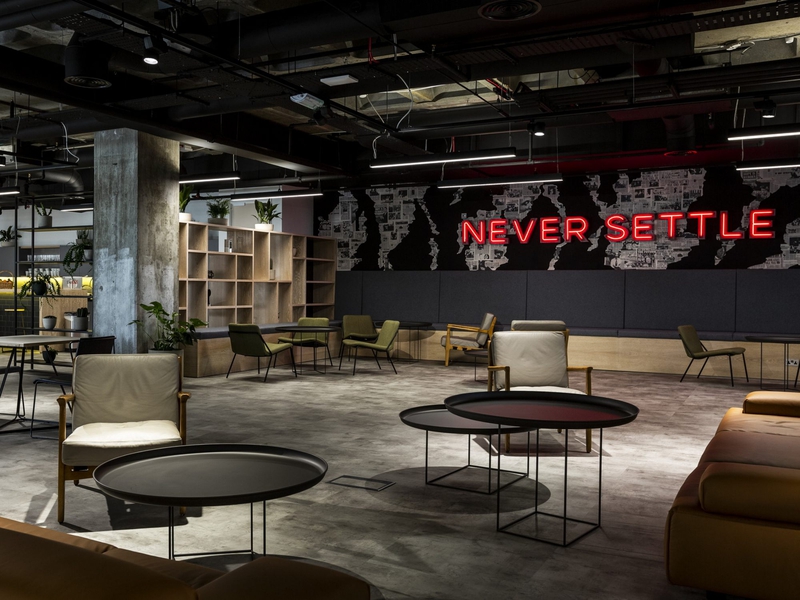
For their new premises, Revolut asked Thirdway Interiors to build them a stylish, motivational office in a modern, Ital…
FINANCIAL SERVICES
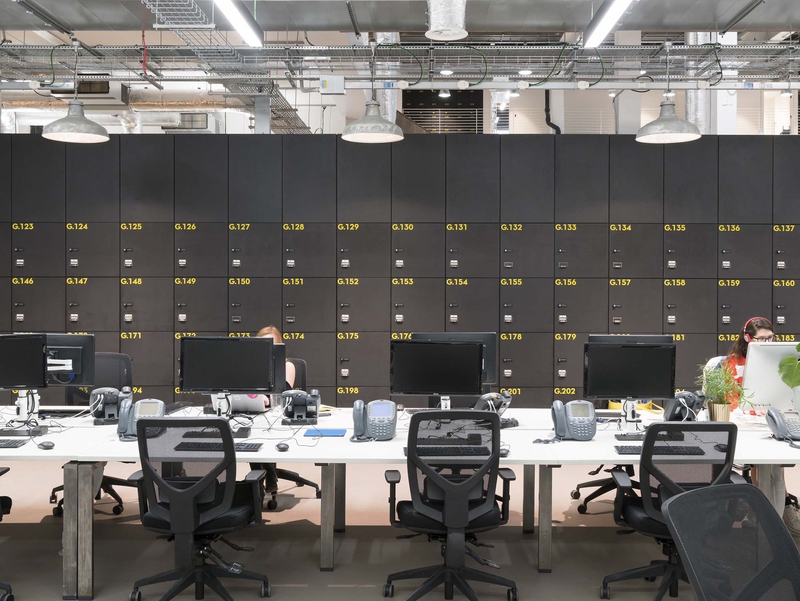
Clothing retailer Boden, working alongside workspace designers Spacelab and furniture consultants Salt & Pegram, found …
RETAIL